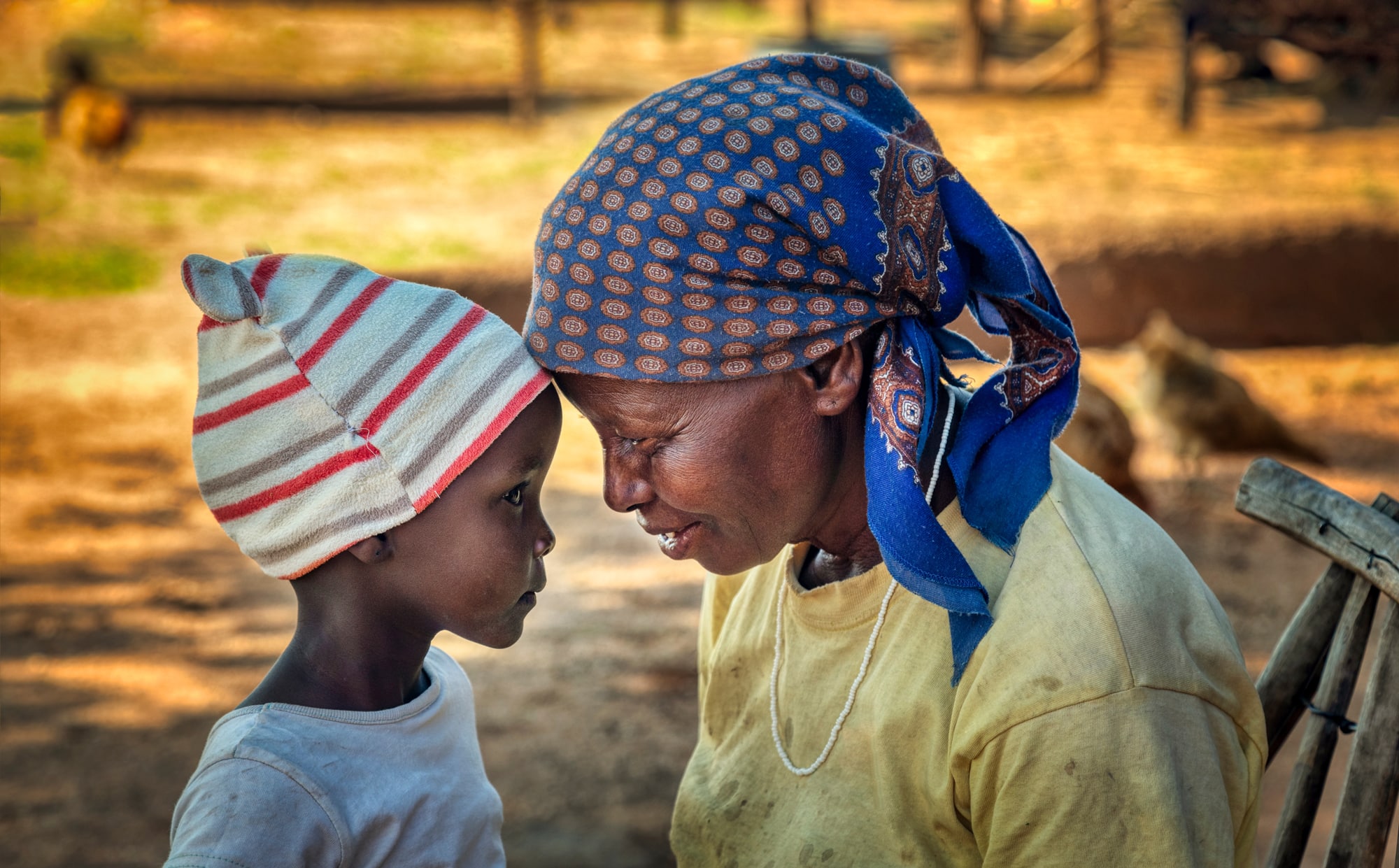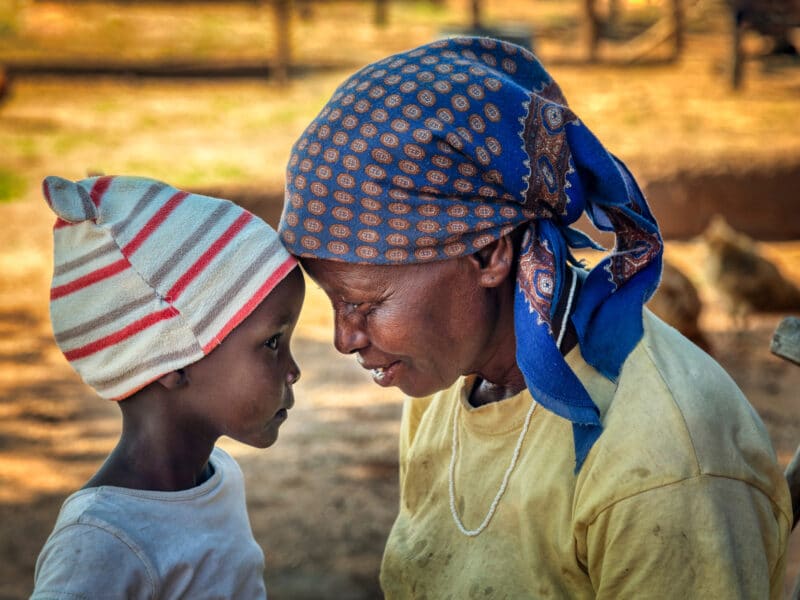The Johns Hopkins Center for Communication Programs is part of a five-year, $236 million contract with USAID, announced this week, to continue its work on the Demographic and Health Surveys (DHS) Program, considered the “gold standard” of survey programs.
For more than 40 years, the DHS Program, led by ICF International, has collected, analyzed, and disseminated accurate and representative data on population, health, HIV, and nutrition through more than 400 surveys in more than 90 countries.
The data from the surveys, among the only comprehensive health surveys in the world, provide insights into how countries are progressing on important health benchmarks. Survey data is used by national governments, international organizations, researchers and others to support strategic planning, policymaking, financing, program management and more. And, since the surveys are done every five years, they allow leaders to understand where gains have been made and where improvements need to be targeted.
CCP leads the DHS Program’s efforts to disseminate the results of the surveys, including hosting national and subnational seminars, co-creating summary reports, factsheets and videos, and training program managers and journalists on how to use the data. CCP also oversees digital data dissemination via the DHS Program website, mobile app, and social media.
“CCP’s role on DHS is to make sure that data from the surveys is not only understandable to the policymakers and researchers who use it to develop health policy, but to make sure it gets into the hands of the people who need it,” says Debora B. Freitas López, CCP’s executive director. “Being able to continue this work alongside ICF and other partners is a wonderful opportunity.”
Because of DHS, we know that eight in 10 babies in Nepal are delivered in a heath facility, that 64 percent of the population in Tanzania at least basic drinking water service, and that one in 14 children in Côte d’Ivoire does not survive until their fifth birthday. And knowing that information helps governments and non-governmental organizations understand a country’s health needs.
“The DHS Program has been instrumental in advancing our collective understanding of global health and its impact on populations, particularly in low- and middle-income countries,” said ICF’s Jennifer Welham, senior vice president for health, people and human services, in announcing the award.
“We are proud to continue our decades-long partnership with USAID by providing leading-edge health, survey research and data management expertise to support the development of effective health policies and interventions. Together, we are improving the well-being and quality of life for people and communities around the world.”
Along with ICF International and CCP, partners on the DHS-9 include Avenir Health, Blue Raster, EnCompass, PATH, the African Institute for Development Policy, and the Institut de Formation et de Recherche Demographiques.
“The goal of communicating population and health-related data to a wide range of audiences in DHS survey countries and assessment of health services worldwide remains a critical need,” says Sarah Balian, who leads CCP’s efforts on the DHS Program. “We will collaborate with implementing agencies, local governments, and other local stakeholders to prepare dissemination materials for all audiences including journalists, ministries of health and other government agencies, researchers, and more.”





